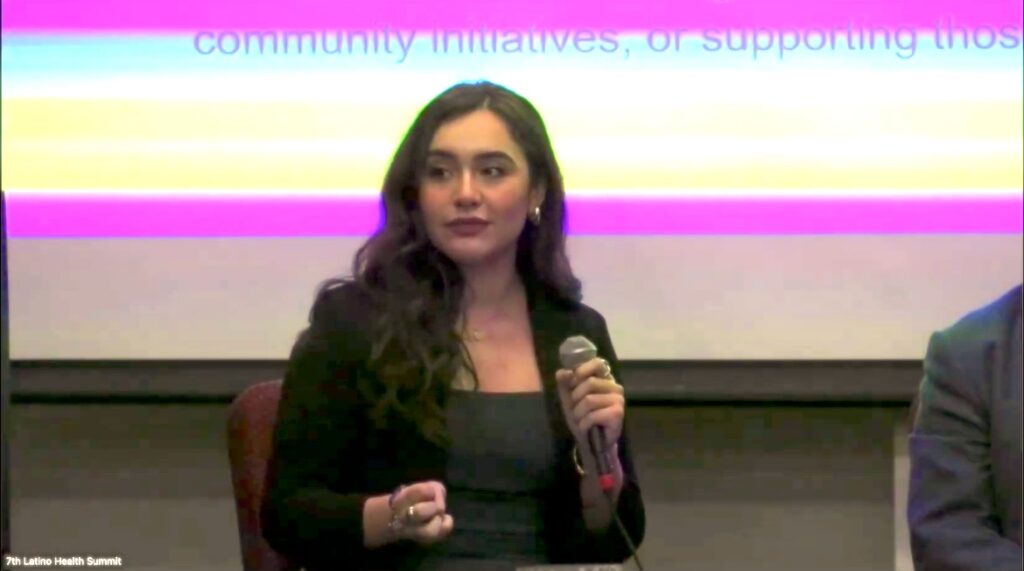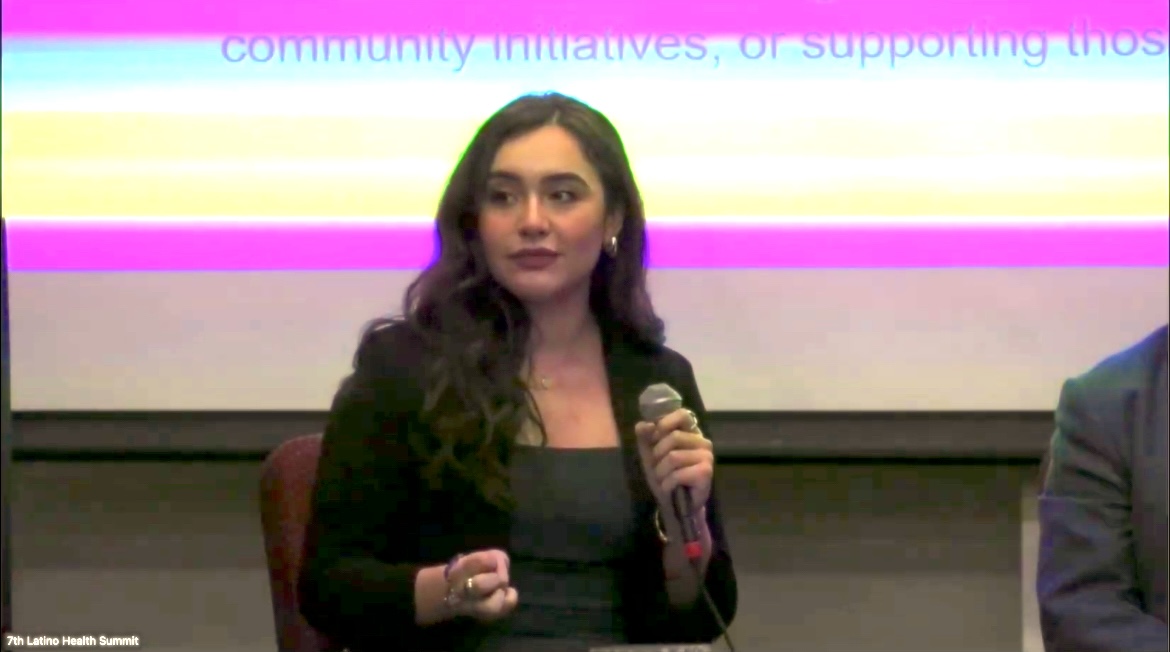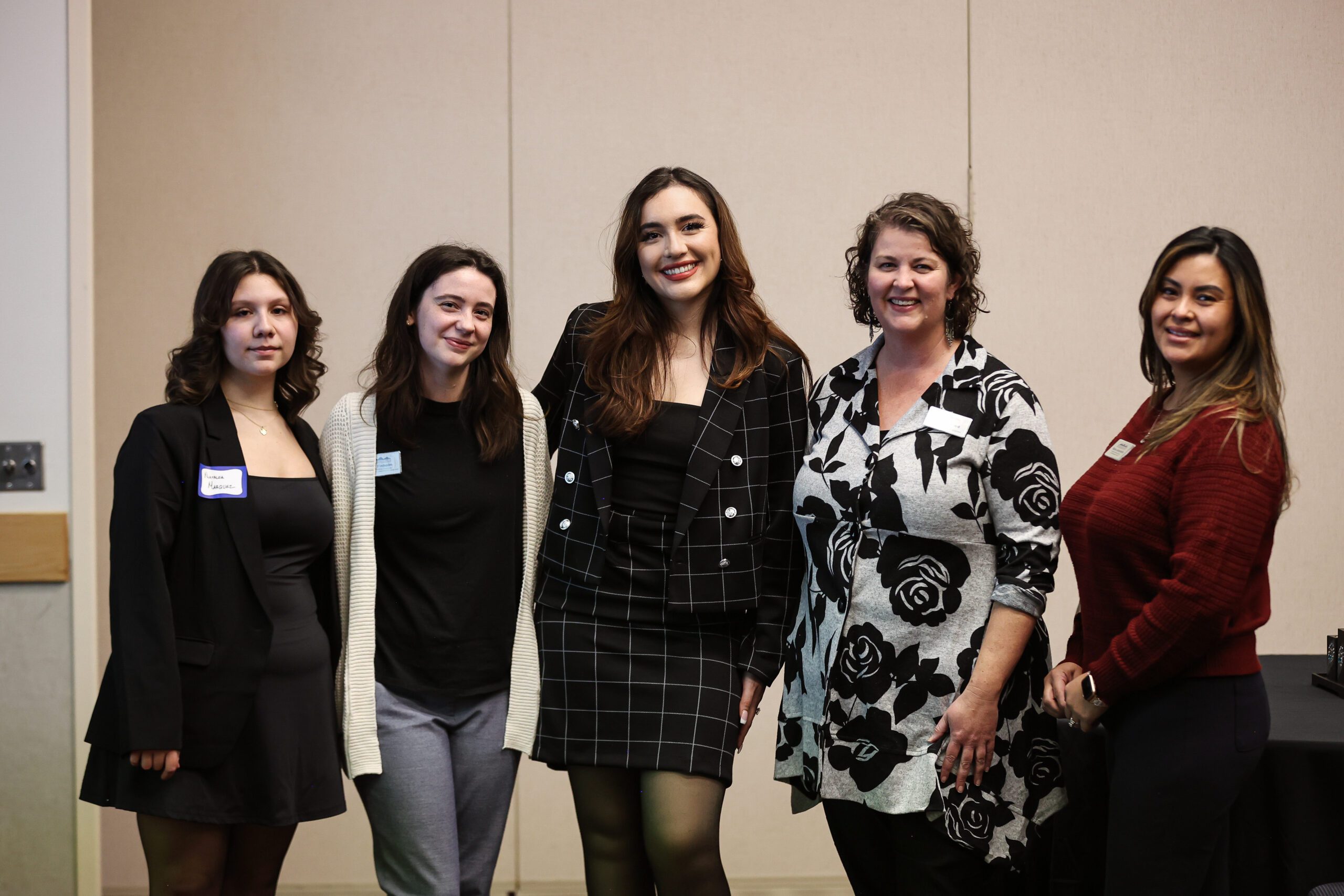Last week, I had the privilege of being invited to the 7th Biannual Latino Health Summit by the Hispanic Health Coalition and Harris County Public Health and discuss a very needed topic – the mental health challenges within the Latino community. As I navigated the summit in Houston, I found myself enveloped in a wave of inspiration, surrounded by individuals brimming with the passion to foster tangible change. A heartfelt shoutout to Dr. Louise Villejo for her incredible vision in founding this organization, and to the indomitable spirits of Courtney Anderson and Christopher Vejil, who turned this event into a reality.
The panel discussion, featuring insights from Diane Arms, Director of the Council on recovery and psychiatrist Dr. George Santos, was an enlightening deep dive into the multifaceted world of Latino mental health. From discussing the critical need for culturally competent care to addressing the transformative role of technology in mental health services, and not forgetting the paramount importance of community engagement and policy advocacy – the session was a revelation.
The experience left me more than just inspired; it filled me with a renewed sense of hope and urgency for the future. It’s clear that the road ahead, though fraught with challenges, is also laden with immense opportunities for creating meaningful, impactful change.

The Takeaways
The session aimed to raise awareness about mental health issues within communities, foster understanding, empower community members with resources, and promote action towards better mental health advocacy. Technology’s role in bridging gaps in mental health services, especially during the COVID-19 pandemic through tele-health, was highlighted as a critical tool for future improvements. Below I will give you the footnotes of the learnings.
Mental Health Challenges and Technology
- The transition to tele-health services posed challenges and opportunities, particularly for Latino patients, highlighting issues like digital literacy and access to stable internet services. While having digital services can solve issues like lack of transportation, it can translate into a new issue of not having accessible internet to attend the appointment.
- The importance of culturally and linguistically appropriate services was emphasized to improve engagement and outcomes in mental health care. Using what we call “softer language” tends to do better in the latino community. For example, explaining therapy like having a conversation with an outside person that is not biased, and a person that you can vent to and referring to them as “counselor” is much more accepted than “psychiatrist”.
Addressing Stigma and Cultural Engagement
- The session addressed the stigma surrounding mental health in the Latino community, stressing the need for education, advocacy, and community involvement to combat misconceptions and barriers to seeking help.
- The role of family dynamics, gender roles (marianismo and machismo), and the impact of immigration on mental health were discussed, highlighting the complexity of cultural factors influencing mental health. It was discussed that it was best to meet latino patients where they are. Something as simple as having the services in a different neighborhood could affect the likelihood of them receiving help, why? I will give an example. The medical staff at a University of Houston clinic noticed less latino patients, and they ended up realizing it was because there was a police station nearby. Latinos who are undocumented tend to feel fearful of any US authority.
Systemic Changes and Community Involvement
- Advocacy for policy changes and increased funding for mental health services was identified as crucial for improving outcomes, especially in underserved communities. It was discussed that Houston and Dallas are the counties that have the highest amount of uninsured people out of all the developed countries.
- The need for more Latino professionals in the mental health field and the importance of mentorship and community support systems to guide individuals and families through mental health challenges were emphasized.
Action Items and Engagement
- Participants were encouraged to take action by educating themselves, sharing insights within their networks, and getting involved in advocacy and community support activities. Something as simple as sharing their learnings on social media could make a difference.
- Engaging with technology and social media as tools for spreading awareness and breaking down stigma was highlighted as an innovative approach to reaching wider audiences.
Conclusion:
The session underlined the importance of cultural sensitivity, community engagement, and systemic change in addressing mental health issues within the Latino community. It called for a collective effort to advocate for better resources, support systems, and policies that reflect the diverse needs of the community.

Turning Insights into Action
This summit was more than an event; it was a call to action. A reminder that every conversation, every bit of awareness, and every effort counts in the grand scheme of making mental health care accessible and removing the stigmas associated with it in the Latino community.
The journey at the Latino Health Summit has solidified my commitment to being a part of this essential dialogue. The challenges are many, but so are the opportunities for change. As I continue to reflect on and share the invaluable learnings from this summit, I invite you all to join me in this conversation. Let’s not just talk about change; let’s be the change.
Stay tuned for more insights, stories, and discussions as we navigate the path to a healthier, more understanding community together.







